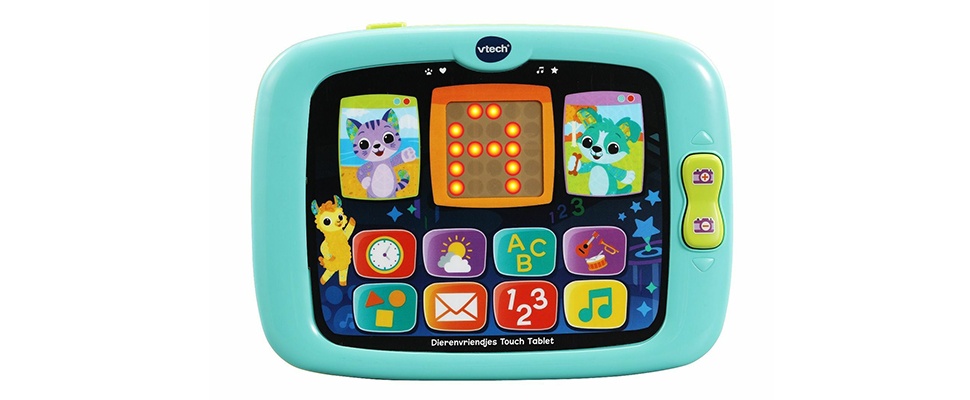
Preventing and fighting fleas
Fleas are sometimes called temporary parasites, because they do not live on the skin of their victim. They stop by, suck blood and leave an itchy bite. Although the human flea no longer occurs in the Netherlands, you can still suffer from cat fleas. And they also like human blood.
Fleas are brown-black insects about 1 to 3 millimeters in size. They live on the blood of animals with body hair or plumage. They lay white-yellow, oval eggs that are barely visible to the naked eye and do not remain on the skin like the eggs of lice, but for example fall into the dog basket.
There are about 2000 species, of which 40 to 50 occur in our country. The name of a flea depends on its host: there are bird, dog and rat fleas. Human fleas in the past brought the black Death but due to improved hygiene, the human flea (Pulex irritans) has largely been eradicated in Western Europe. The harmless cat flea (Ctenocephalides felis) is most common in the Netherlands. Although its name suggests otherwise, the cat flea also likes to bite dogs. And once the pests are in the house, there’s a chance they’ll make a foray into humans as well.
flea bite
A flea’s mouth consists of several protrusions, with which it pierces the host’s skin and sucks up blood. While biting, a flea injects a little saliva into the skin. In response to this saliva, a itchy, round, red spot develops with a blood-colored dot or bump in the middle. One bite is not so bad, but usually it does not stop at one. Certainly when you return home after a holiday, in which the fleas have been able to multiply nicely in the warmth and in peace, you can be attacked by a whole infestation.
In search of blood, fleas often bite the same area several times, such as on the legs or feet. If you are sensitive to it, you may experience severe itching and a rash. It’s annoying, but not dangerous. Try not to scratch the itchy spots, they will disappear on their own. An corticosteroid-containing ointment can relieve severe itching.
flea control
With good hygiene you make your house less attractive for the pesky insects. Their larvae feed on dander and the faeces of the adult fleas. Proper vacuuming and thorough cleaning will remove their food and prevent them from growing into adult fleas. Discard the vacuum cleaner bag after use. Brush your pet’s favorite places. Wash blankets, the cover of the cat or dog basket and your own clothing at the highest possible temperature. Do not place the basket in a warm, sheltered place, but rather on a stone floor or laminate.
If your furry pet is scratching impatiently, it indicates the presence of fleas. The critters themselves are often not visible, but their droppings can be seen as dark dots on the skin. With a flea comb you remove the adult parasites from the hair, but this does not remove all the eggs and larvae. Therefore, treat both your home and your pet with an anti-flea product from the vet or pet store.
Sources):
















